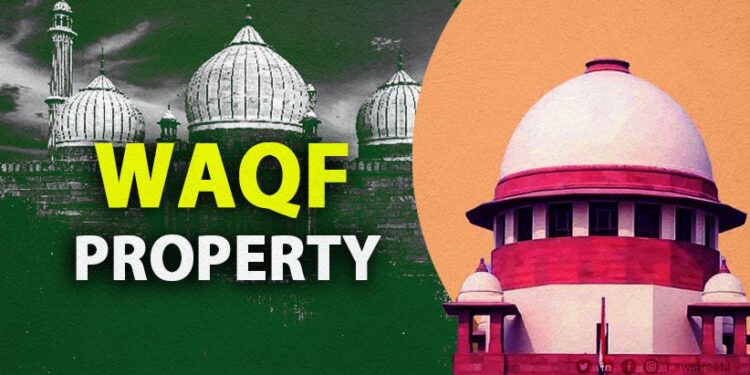The Supreme Court of India recently heard multiple petitions challenging the Waqf (Amendment) Act, 2025. One of the key concerns raised was the removal of the ‘waqf by user’ provision, which allows the long-term use of waqf properties. Senior advocate Kapil Sibal argued that eliminating this could cause significant legal and social issues, especially for communities that rely on such arrangements. The Court also questioned the inclusion of non-Muslim members in Waqf boards, suggesting it could lead to complications regarding religious autonomy.

The debate has sparked widespread discussion, further fueled by violent protests in Murshidabad, where people have expressed their dissatisfaction with the amendments. The Court has urged restraint while the case is under judicial examination, recognizing the need for careful consideration of both legal and religious sensitivities.
In addition to these concerns, there are issues regarding the practicality of implementing the required registered deeds for older mosques, which could prove burdensome for religious institutions across the country. The Centre has been asked to provide clarity on these matters, especially regarding the broader implications for religious properties and governance. The outcome of this case will likely shape the future of waqf law and its impact on religious freedoms in India.
Also Read : Kolkata Police Goes Global: A New Era of Style, Service, and Swag















 Categories
Categories









